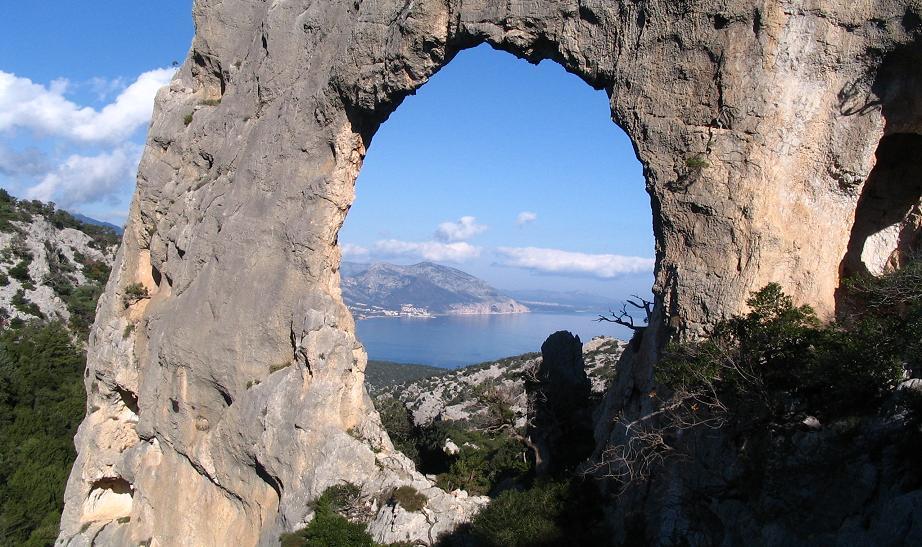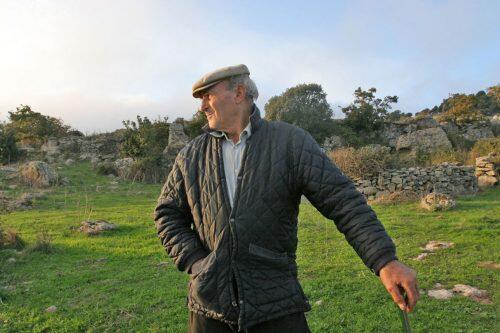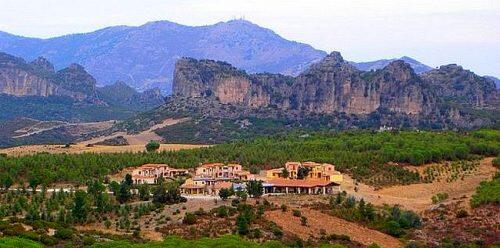Every now and then, we hear of people who have lived to celebrate their 100th birthday. They usually live in the Mediterranean. So could this be one of the reasons for their long life?…
While many scientists try to find out if the Mediterranean diet, rich in fish and vegetables, affects people’s health positively, to an extent that it makes them live longer, British biotech company Tiziana Life Sciences PLC has bought the genetic data of nearly 13,000 people from the Ogliastra region of Sardinia for a total of €258,000.
Tiziana bought the ‘biobank’ as well as other “key assets” from Shardna SpA, a Cagliari-based genomics research business, aiming to use the data to try and better understand the ageing process, especially that many centenarians (people who are 100 years old) live in Ogliastra.
Professor Napoleone Ferrara, a member of Tiziana’s scientific advisory board said that “The acquisition of Shardna represents an opportunity to study a unique collection of DNA samples from a homogeneous and well-characterized population.”
He added: “This could advance our understanding of ageing and other key pathophysiological processes and potentially result in diagnostic and therapeutic advances.”
Tom Howard mentioned in his article in Proactive Investors website that “The biotech says the gene pool in Ogliastra is very “homogenous”, meaning the vast majority of residents are directly descended from the same group of people, which should, in theory, make spotting genetic patterns easier”.
The Financial Times reported that Despite living long lives, the people of Ogliastra have a higher than average preponderance of high blood pressure, asthma, dry eye syndrome, osteoporosis and alopecia (a form of baldness).
The website quoted Gabriele Cerrone, chief executive of Tiziana, as saying that “the company would mine the biobank to see if specific genetic variations were responsible for the illnesses and explore whether it could uncover drugs to treat them, or diagnostic tests that might be able to predict whether someone is likely to develop the conditions”.













